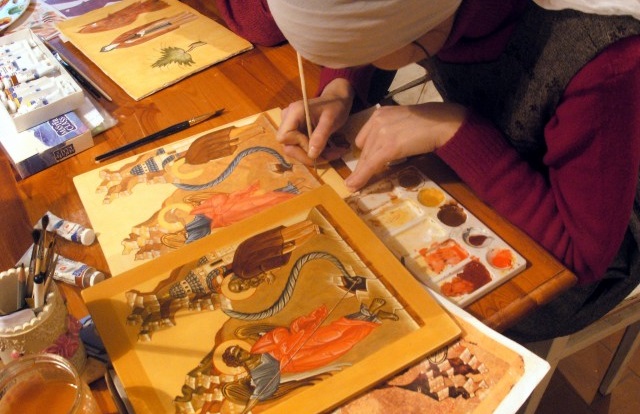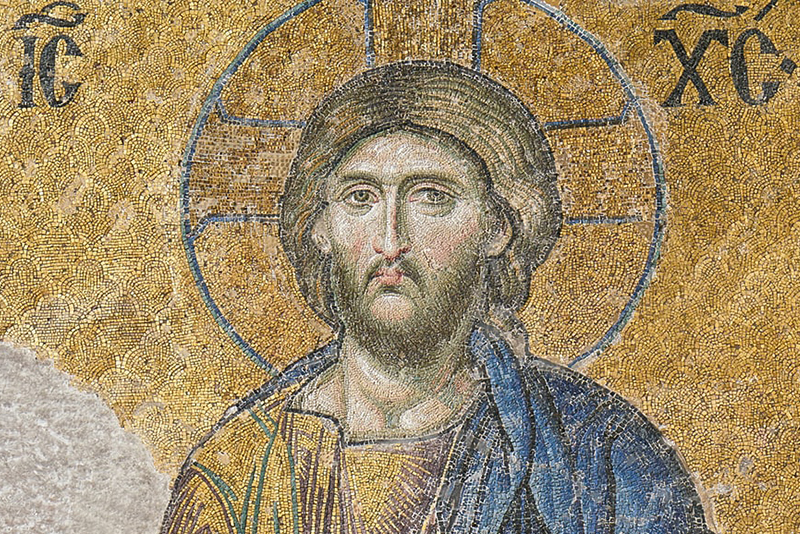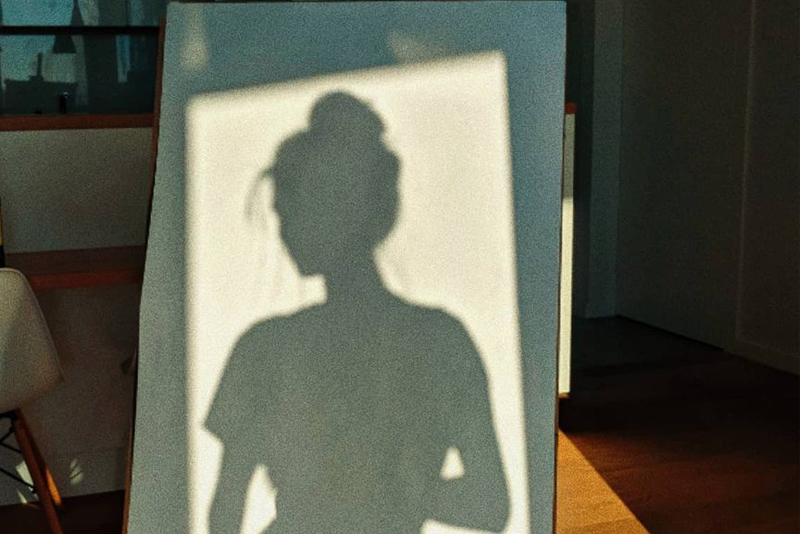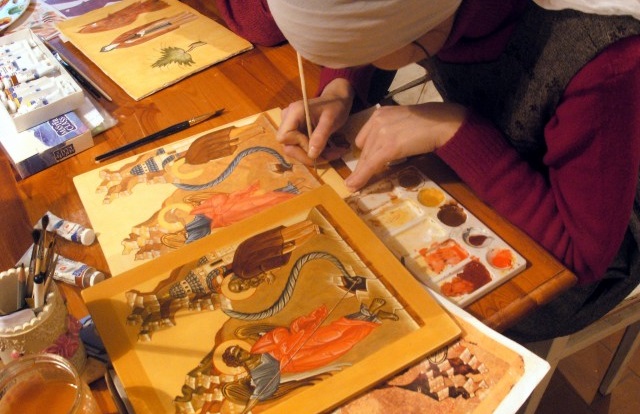
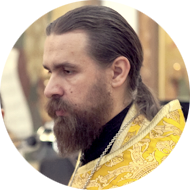
We haven’t heard about iconoclasm for many centuries now. Icons are no longer destroyed, like they were in the 8th and early 9th century. Sadly, the struggle with the image of God is apparently still going on. It happens in every person’s heart because a human being is made in God’s image but the sin in our hearts attempts to defile and destroy this image.
If we look at the history of art, we’ll discover that our civilization is rooted in antiquity. The Ancient Greek and Ancient Roman art was anthropocentric, i.e., focused on the human. Ancient artists recognised an amazing mystery in every human being and tried to uncover it. If we look at the Greek and Egyptian works of art, we’ll see that they always portray humans. Unfortunately, even though those humans were created in the image of God, they had the sin living inside their hearts, and that was why icon painting could not emerge during those times.
When Jesus Christ, the God-man, came into this world, we begin to see a deified human being in an icon. It’s like a bridge with God becoming human on the one side and a human becoming like God on the other side. It is in icons that we encounter the real human being, the true beauty that is ever-present in Jesus Christ. The Christian civilization has God-man, rather than just the Man, in the centre.
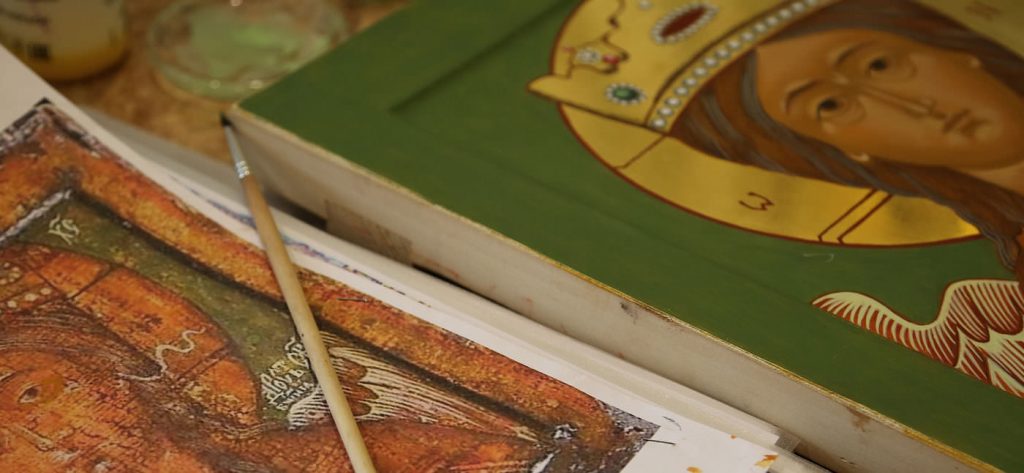
Unluckily, our modern world brings the sinful, defective, and crippled human being back into the spotlight. That’s why we say that the struggle with the icon goes on even today, in a sense. We must be aware of the fact that in a certain sense every person, every Christian, is an icon painter. You don’t have to be a professional icon painter: if you live with God, there’s an icon being painted in your soul. I suppose that this icon must be visible not just to yourself but also to all other people, so that they could see that we’re different and that there is Christ shining through our eyes, words, and actions. More often than not, we fail to be the example and the image of God that we ought to be.
I recall how I was invited to speak about the icon in front of some people who knew little, if anything, about the Church. It was in the Fine Arts Museum. The tour guide said, “Father, please tell them more about miracles. People like to hear about miracles.” I thought, “Of course, we all know that miracles happen when people pray in front of icons. The Lord responds to their prayers and makes miracles to reward their faith. However, there is another miracle, namely, the creation of an icon. Who paints icons? A weak human being, with his personal story and his problems. In spite of that the Lord performs this amazing miracle through that poor person. It’s a miracle, indeed! It is quiet and unimpressive but it “is” a miracle, it’s so beautiful and so near, so close to our daily lives. This miracle happens not because that person is especially talented but thanks to the prayer of the entire Church.”
I heard a priest say, “Icons are born out of people’s prayers.” If you go to Tretyakov Gallery and look at the 14th-15th century icons, you will see how people used to pray at that time and how spiritually advanced they were. Their spirituality revealed itself in their icons. When we look at contemporary icons, we have to admit that our prayers aren’t as fervent as they used to be. We should be aware of the fact that it is our prayer that determines the kinds of images that icon painters can paint. I say so because I work in this field.

